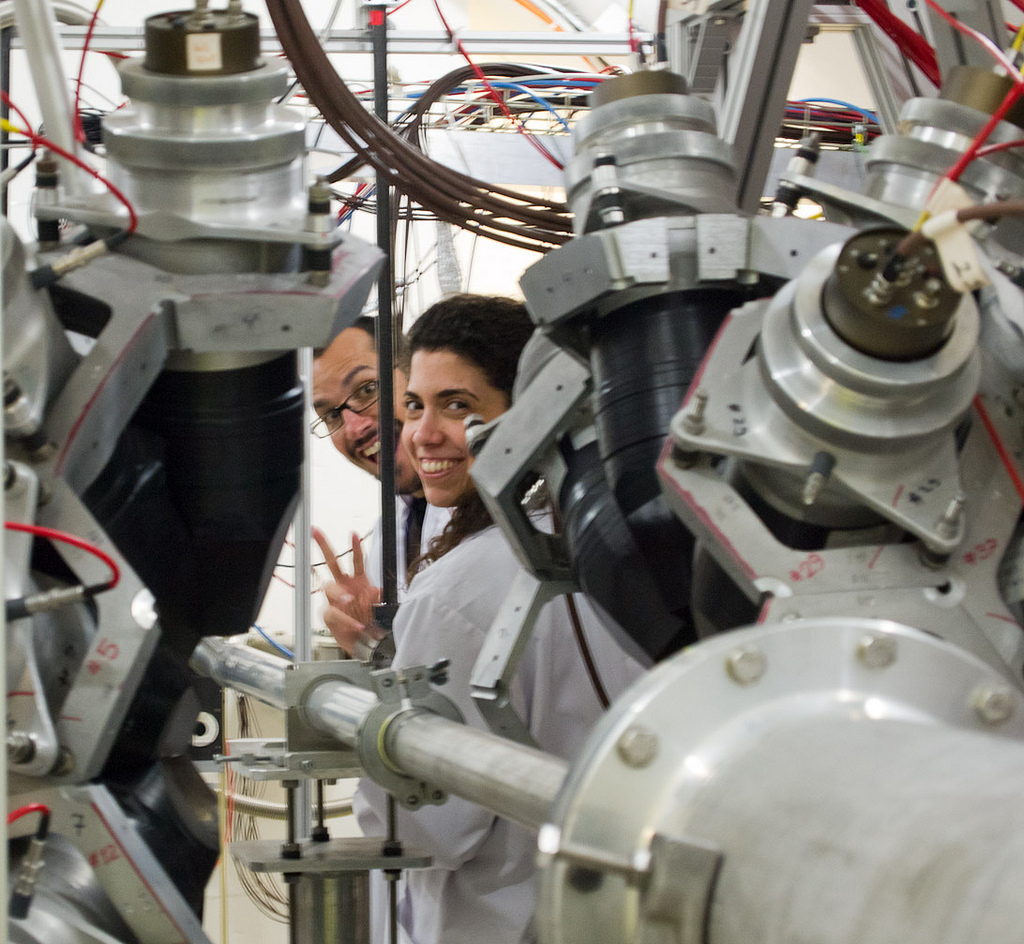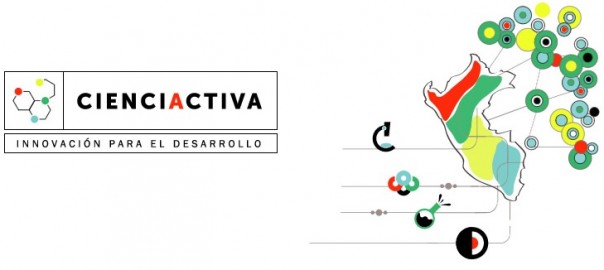Retreating glaciers in Colombia, the possible Aztec origin of the Voynich manuscript, and a 65 million year old plesiosaur found in Chile.
BOLIVIA A Bolivian company is offering a certified chia seed for farmers interested in moving into the expanding international chia market. LATIN AMERICA Cancer is the second leading cause of death in Latin America and the Caribbean, according to statistics from the Pan American Health Organization. ARGENTINA Scientists at Argentina’s National University of Rosario have … Continue reading Retreating glaciers in Colombia, the possible Aztec origin of the Voynich manuscript, and a 65 million year old plesiosaur found in Chile.


